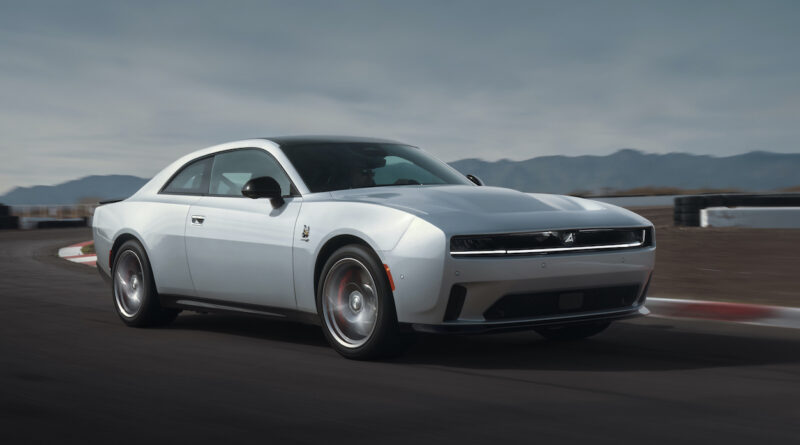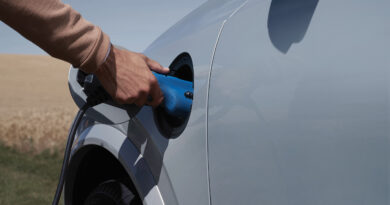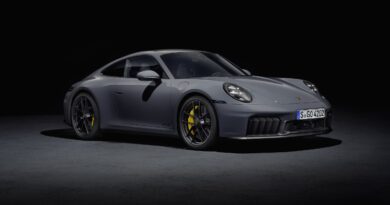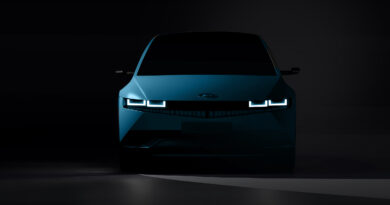Will the Dodge Charger Daytona become the world’s most advanced EV with next-gen solid-state batteries?
Auto giant Stellantis will fast-forward development of its next-generation solid-state battery technology, confirming it will use a fleet of Dodge Charger Daytonas when real-world testing starts in 2026.
Announcing the prototype Dodge Charger Daytona will run US-start-up Factorial’s advanced solid-state batteries, the French Italian car-giant said initially the US muscle cars will run batteries with energy density of more than 390Wh/kg – much higher than the 270Wh/kg of current lithium-ion cells.
No further details have been released, but with the solid-state batteries fitted the Chargers are set to boast a significant improvement in range and performance.
The current car already manages to muster 500kW and 850Nm, for a rapid 3.3 second 0-60mph (0-97km/h) dash.
READ MORE: What is a solid state battery?
READ MORE: Volkswagen’s 1000-charges solid state battery success story.
READ MORE: Nissan’s solid state battery roll-out from 2028.
READ MORE: All-new Dodge Charger Daytona electric muscle car. But do the faithful want it?
Stellantis hasn’t said how many Charger Daytonas will be employed but says engineers will assess the new power packs’ performance and durability in real-world conditions.
If successful, Stellantis says other cars that share the Dodge’s STLA Large platform will be fast-tracked for the new batteries.
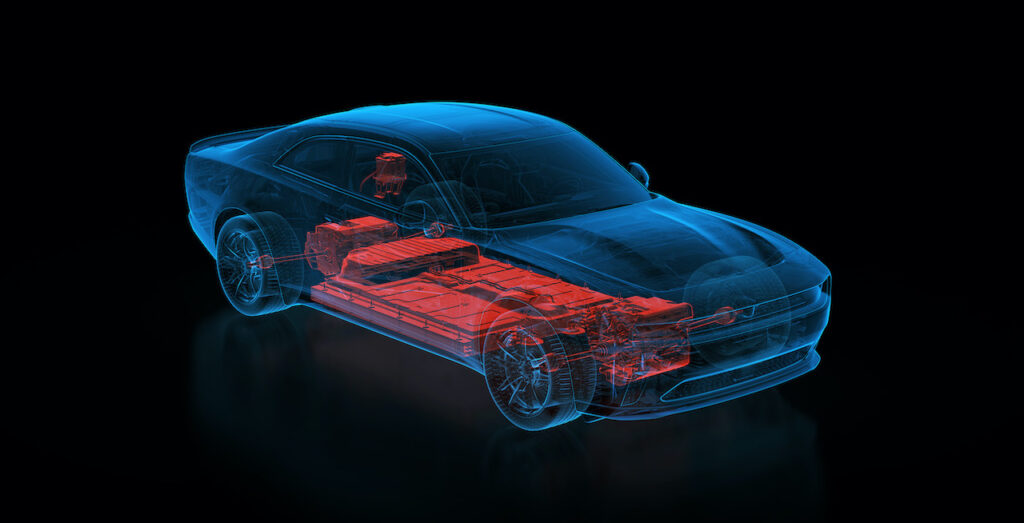
It’s difficult to know who now leads the race to introduce solid-state cells after many false starts (and claims) that they’re just around the corner.
SAIC, MG’s owner, says it will start rolling out its solid-state tech from as soon as next year, suggesting it will be a true pioneer of the emerging tech.
The car giant’s IM L6 sedan is already on the road and thanks to its semi-solid-state pack can cover up to a claimed 800km on a single charge.
Fellow Chinese car-maker Chery says it will launch solid-state tech in 2026, claiming its batteries will raise energy density to a game-changing level of 600Wh/kg. However, details are scant.
Nissan, meanwhile, said that its solid-state batteries will be rolled out from 2028, while Toyota is confident it will be able to commercialise its next-gen battery technology from 2027 at the earliest.
Volkswagen Group says it isn’t too far behind, claiming its in-house PowerCo is tasking American firm QuantumScape to produce its next-gen power packs on its behalf, with the first tiny batch of batteries already produced.
Hailed as the holy grail of battery tech over the last six years, solid-state batteries are generally regarded as the final piece of the puzzle that will allow the full transition from combustion to electric cars.
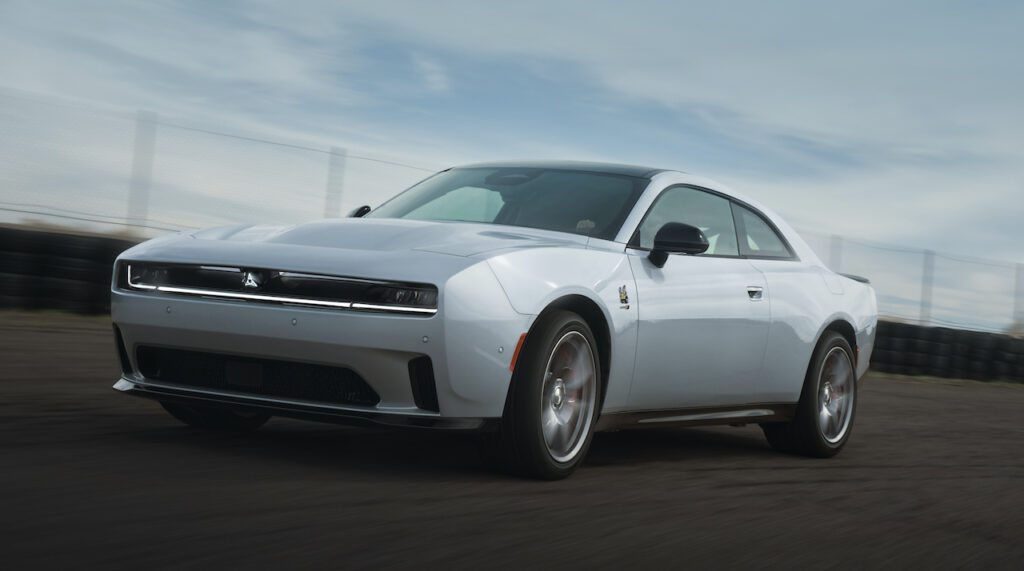
Said to be at least 50 per cent more energy-dense than traditional cells, as well as providing vehicles with up to twice as much range, they are capable of being charged three times as quickly.
After 1000 charges, most solid-state batteries still retain more than 95 per cent of their original energy density, hinting at their long-lasting durability.
The key to their robustness is the absence of liquid electrolyte, which is prone to overheating in conventional cells and, in extreme cases, can catch fire and explode.
With liquid electrolytes, solid-state cells can tolerate higher temperatures associated with ultra-fast charging, hence the quicker charging.
Replacing the electrolyte and separator, solid-state cells use a separator made of ceramic, glass or polymer composites.
Even with a fleet of Charger Daytonas hitting the road in 2026, Stellantis has not declared when it plans to begin mass-producing the solid-state batteries once the trial ends.

